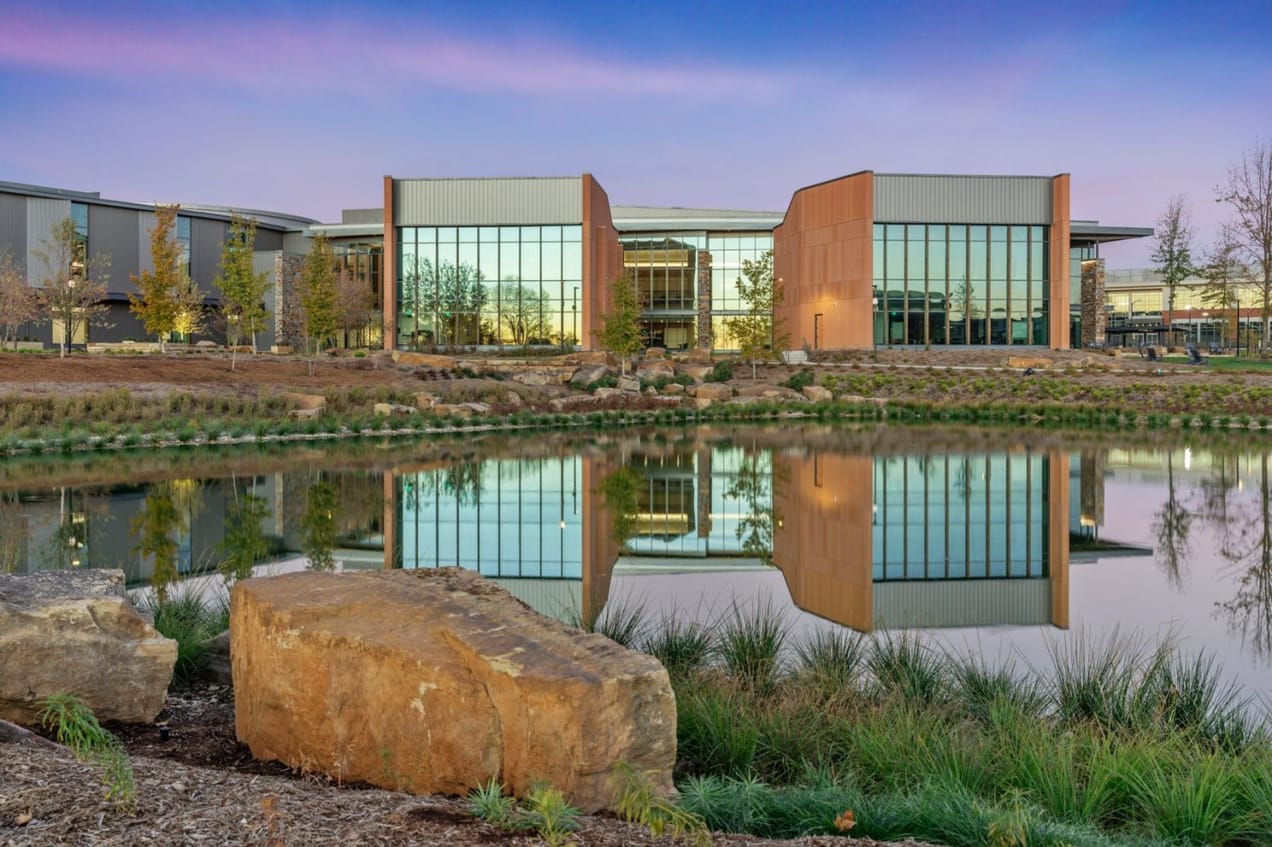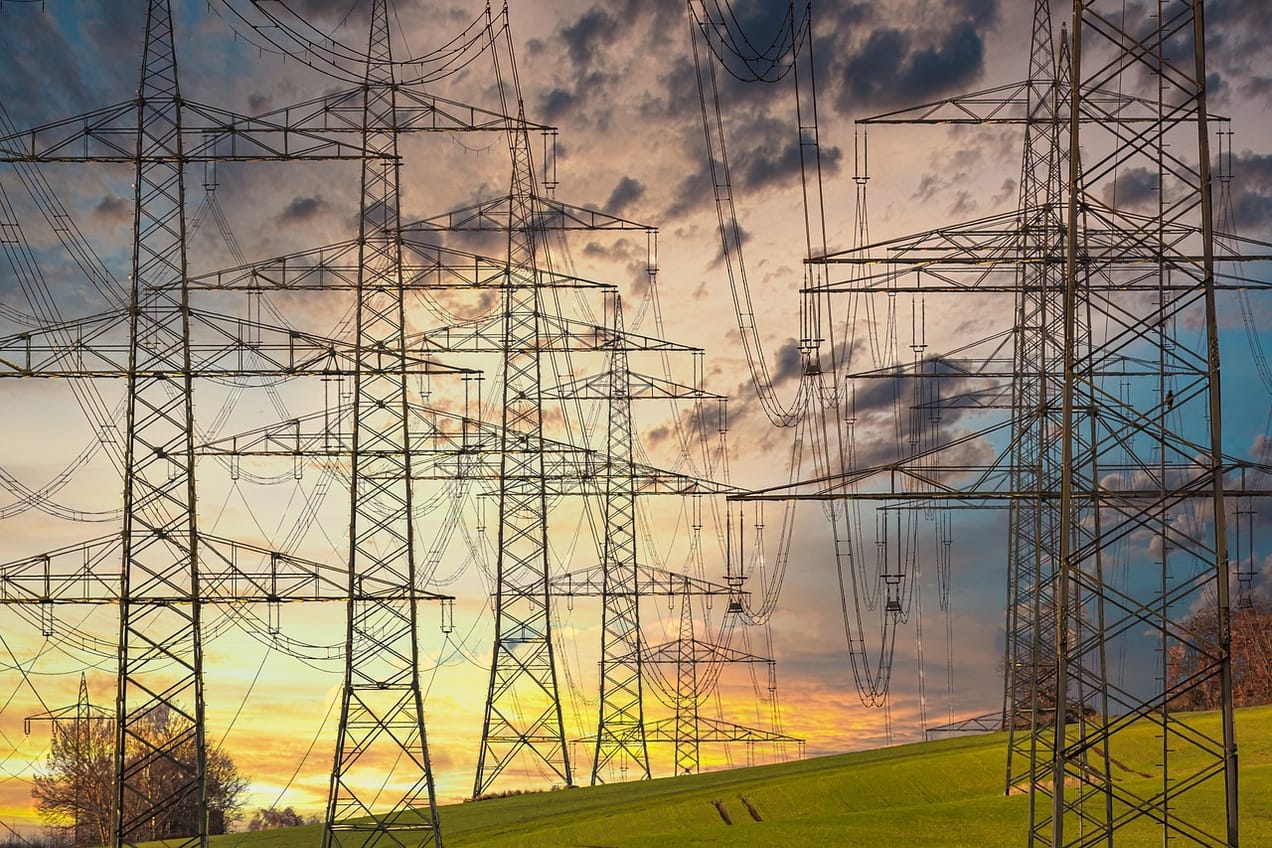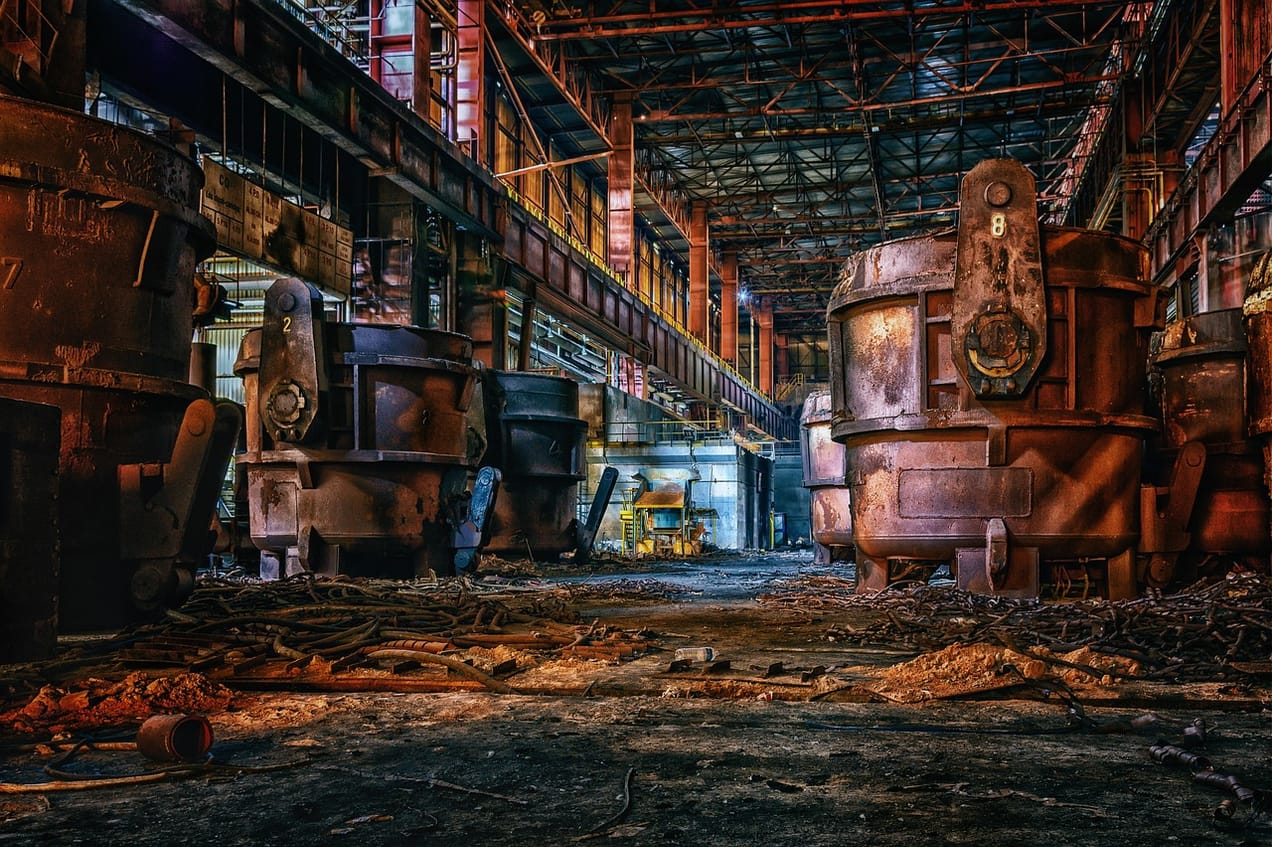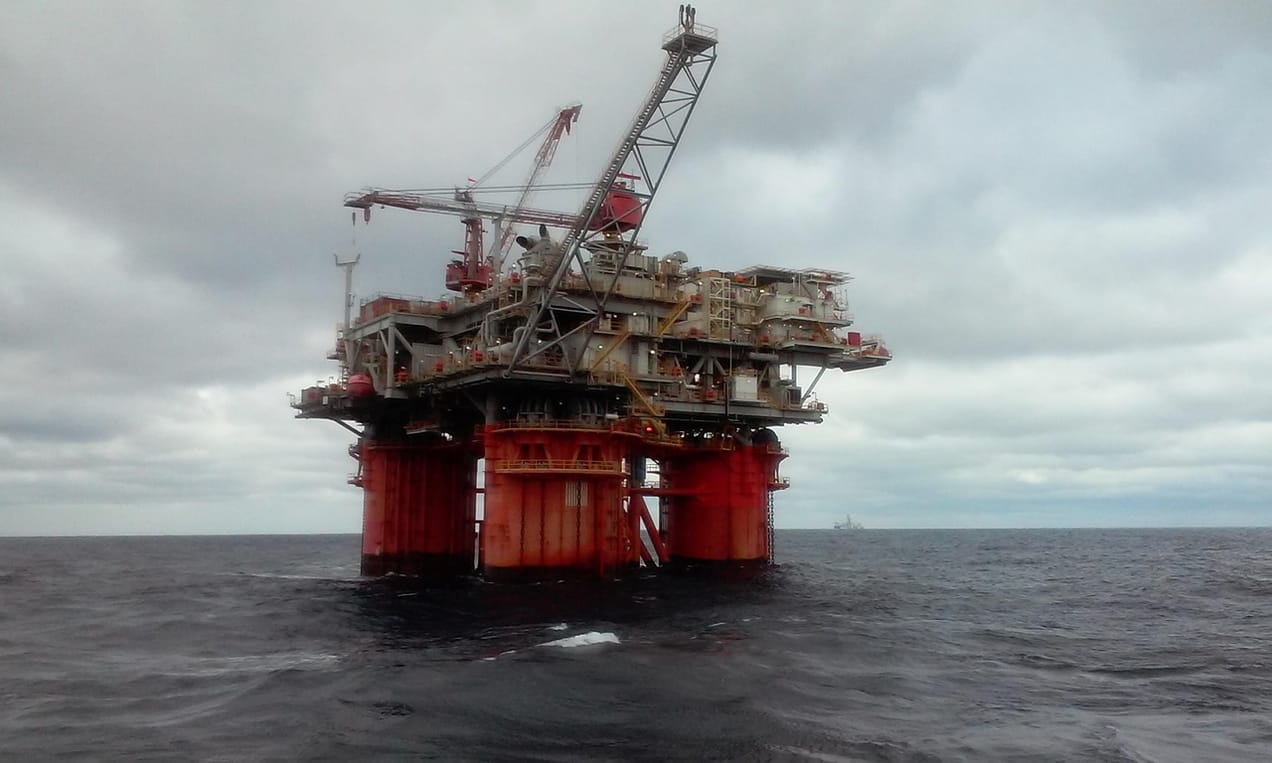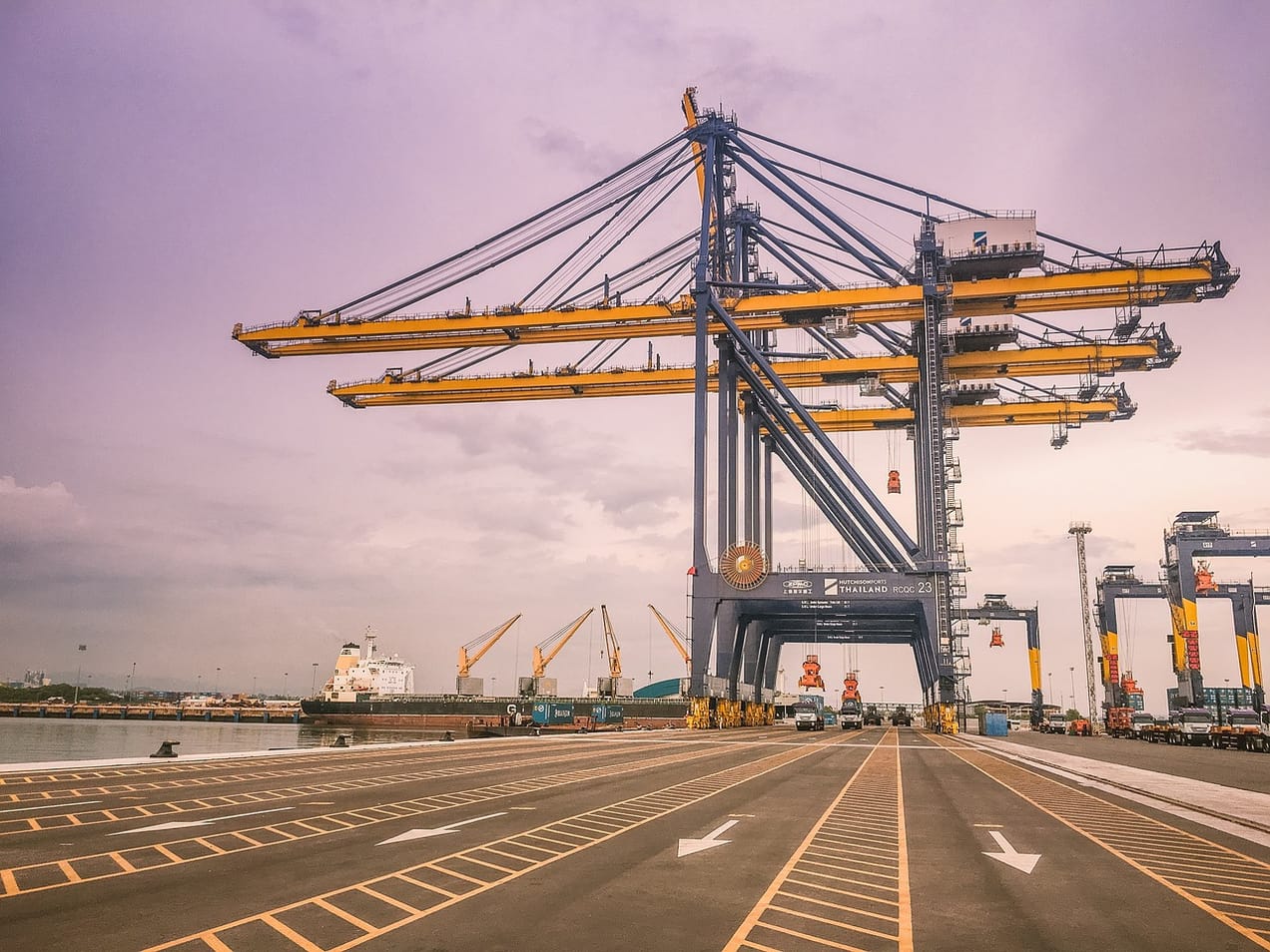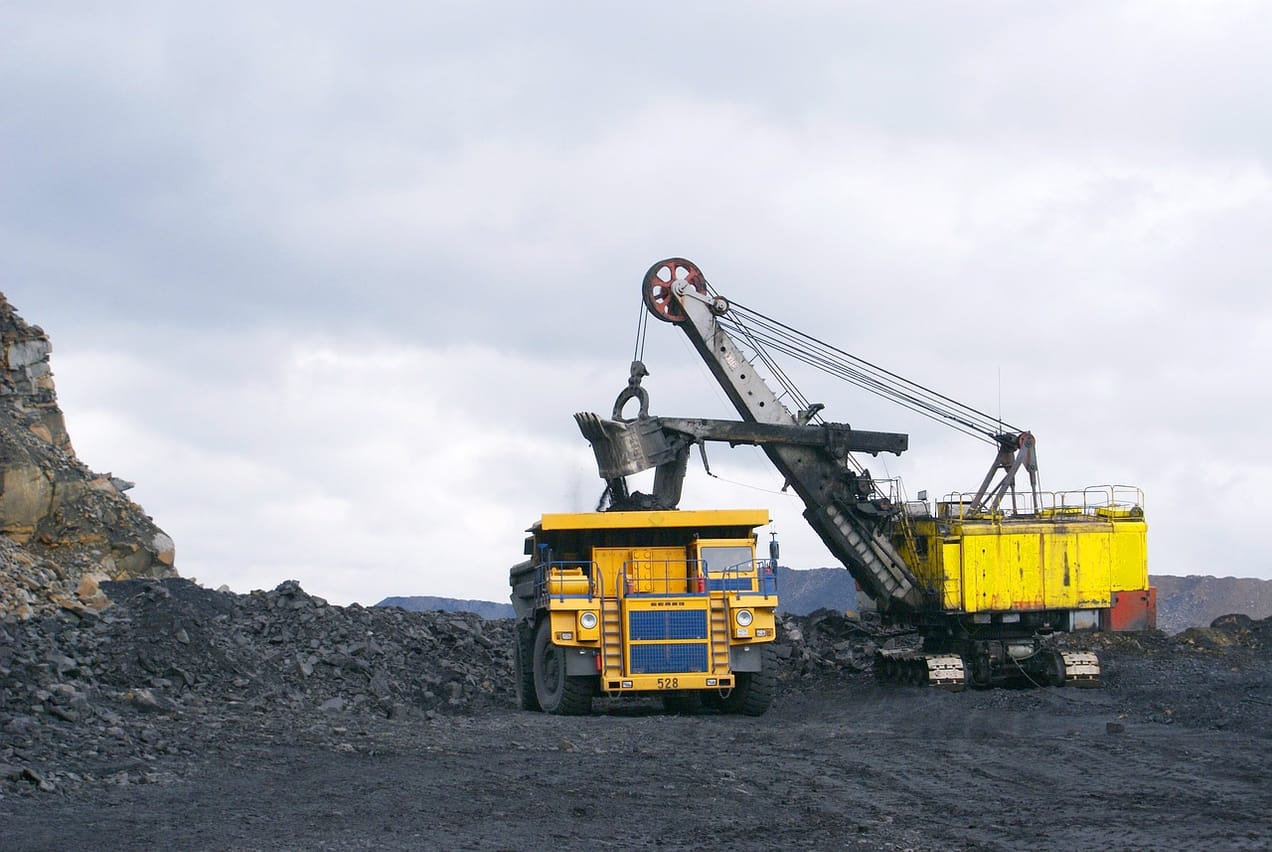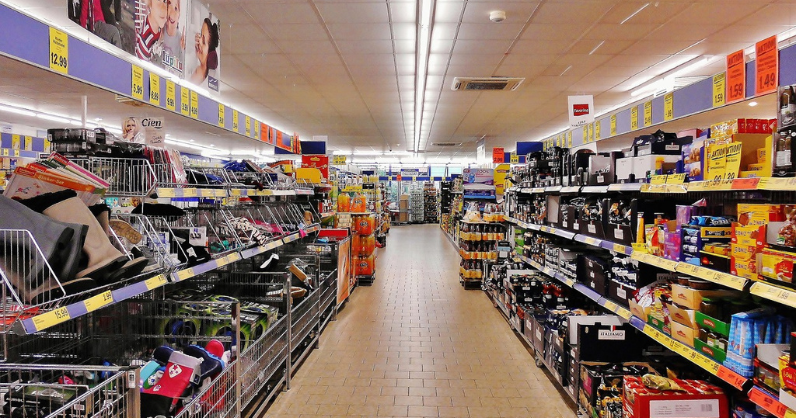Sunday Brunch: 'Soft' factors are really important for investors
Investors know that soft factors, such as having a happy and motivated workforce, are important drivers of a company valuation. But how do we include factors such as diversity into our investment cases? The first step is to understand the linkages. Not all soft factors are financially material.
Sunday Brunch: Can timber deliver what other carbon capture technologies cannot?
The use of timber in buildings continues to grow, driven by a mixture of environmental and financial considerations. One less explored aspect is the ability of construction timber to lock up carbon for long periods. Could this be a lower cost way of delivering carbon capture & storage?
Sunday Brunch: where should we focus - electricity utilities ?
Dr Ellen Quigley argues investors can make the 'most' difference in our efforts to reduce GHG emissions by focusing on the utility sector. This was one of the many really interesting points to emerge from a recent interview she gave with with Tom Gosling - it's well worth watching.
Investors must cope with uncertainty
One way that investors are different is that we deal with uncertainty. We cannot be sure what the future will bring, but as we invest we can prepare for possible future events. Companies betting on only one outcome, normally the status quo, can be risky. The steel industry is a good example of this.
Sunday Brunch: energy security is not the same for all countries
The shift to renewables is not just about cost or emissions. One argument used to support the shift is energy security - reducing reliance on imported fossil fuels. It's broadly correct. But it should be used with care, it doesn't apply to all countries.
Better homes are possible - don't just focus on quantity
The building industry faces two big sustainability challenges, greener building operation, and encouraging the use of greener construction materials. And within each challenge lies a massive opportunity. It's not all about quantity, we can also build better - utilising best practice.
Sunday Brunch: tariffs and the read across for sustainability
How the financial markets have reacted to the current tariff 'war' gives us some useful insights into how the sustainability transitions might play out. Of the three main alternative scenarios we suggest only one will deliver progress. The other two would lead to negative outcomes.
Deforestation - an increasing risk for food companies
A lack of supply chain resilience is one of the most material investment risks faced by companies in food related industries. Within this deforestation is becoming more prominent. Put simply, if there is material deforestation taking place within a company's supply chain, the time to act is now.
Insurance - the 'hidden' risk for real assets
Adequate insurance is a crucial part of many financial investments, including homebuying. We take it for granted, until it's no longer available. The impact of climate change is prompting private insurers to exit some markets. But this is not inevitable - resilience investments can reduce the risks.
Sunday Brunch: valuation and sustainability are about the future - but the overlap is not perfect
Companies (and many of their shareholders) respond best to issues that impact their long term profitability. Sustainability issues are often strategic issues for companies, with clear valuation creation implications. But not all sustainability issues have financial implications.
A new resurrection for coal - probably not
The data for 2024 electricity trends is out. And coal use has grown. Is this a permanent shift away from sustainability toward energy security, implying a new dawn for coal use? Probably not. Investors would be wise to exercise caution - coal mining is likely to remain a sector in terminal decline.
Sunday Brunch: what is important for food producers
The key issues for food companies - healthier diets and climate resilient supply changes. Do you really understand where the food companies you are invested in, or involved with, stand on these key issues.


